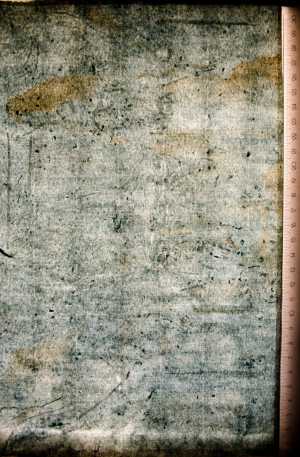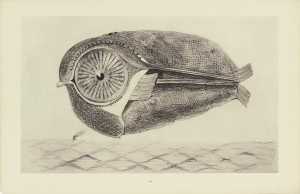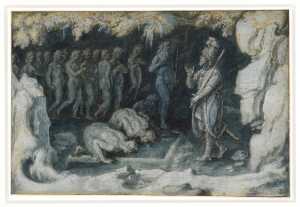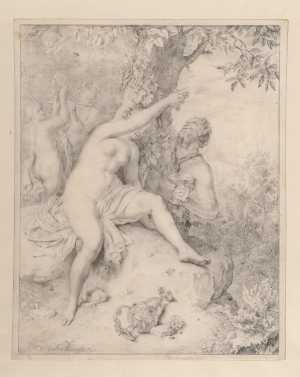Specifications
| Title | Dead Christ with Two Angels |
|---|---|
| Material and technique | Black chalk, heightened with white, squared, on discoloured blue paper |
| Object type |
Drawing
> Two-dimensional object
> Art object
|
| Location | This object is in storage |
| Dimensions |
Height 268 mm Width 246 mm |
|---|---|
| Artists |
:
Leandro Bassano (Leandro da Ponte)
Draughtsman: Francesco Bassano (Francesco da Ponte) Previously attributed: Andrea Schiavone (Andrea Meldolla) |
| Accession number | I 62 (PK) |
| Credits | Loan Stichting Museum Boijmans Van Beuningen (former Koenigs collection), 1940 |
| Department | Drawings & Prints |
| Acquisition date | 1940 |
| Creation date | in circa 1580-1622 |
| Inscriptions | ‘B.B.no: 10’ (verso, centre, pen and brown ink) |
| Collector | Collector / Franz Koenigs |
| Mark | Z. Sagredo (L.2103a), inv. B.B. no: 10, F.W. Koenigs (L.1023a) |
| Provenance | Zaccaria Sagredo (1653-1729, L.2103a, inv. 'B.B. no: 10'), Venice; - ; Franz W. Koenigs (1881-1941, L.1023a), Haarlem, acquired in 1927 (Francesco Montemezzano, corrected to Francesco Bassano); D.G. van Beuningen (1877-1955), Rotterdam, acquired with the Koenigs Collection in 1940 and donated to Stichting Museum Boijmans Van Beuningen |
| Research |
Show research Italian Drawings 1400-1600 |
| Literature | Tietze/Tietze-Conrat 1944, no. 219 (possibly Leandro Bassano); Arslan 1960, p. 368 (possibly Gerolamo Bassano) |
| Material | |
| Object | |
| Technique |
Highlight
> Painting technique
> Technique
> Material and technique
Squared
> Squaring
> Drawing technique
> Technique
> Material and technique
Squared
> Squaring
> Drawing technique
> Technique
> Material and technique
|
| Geographical origin | Italy > Southern Europe > Europe |
| Place of manufacture | Venice > Veneto region > Italy > Southern Europe > Europe |
Do you have corrections or additional information about this work? Please, send us a message


